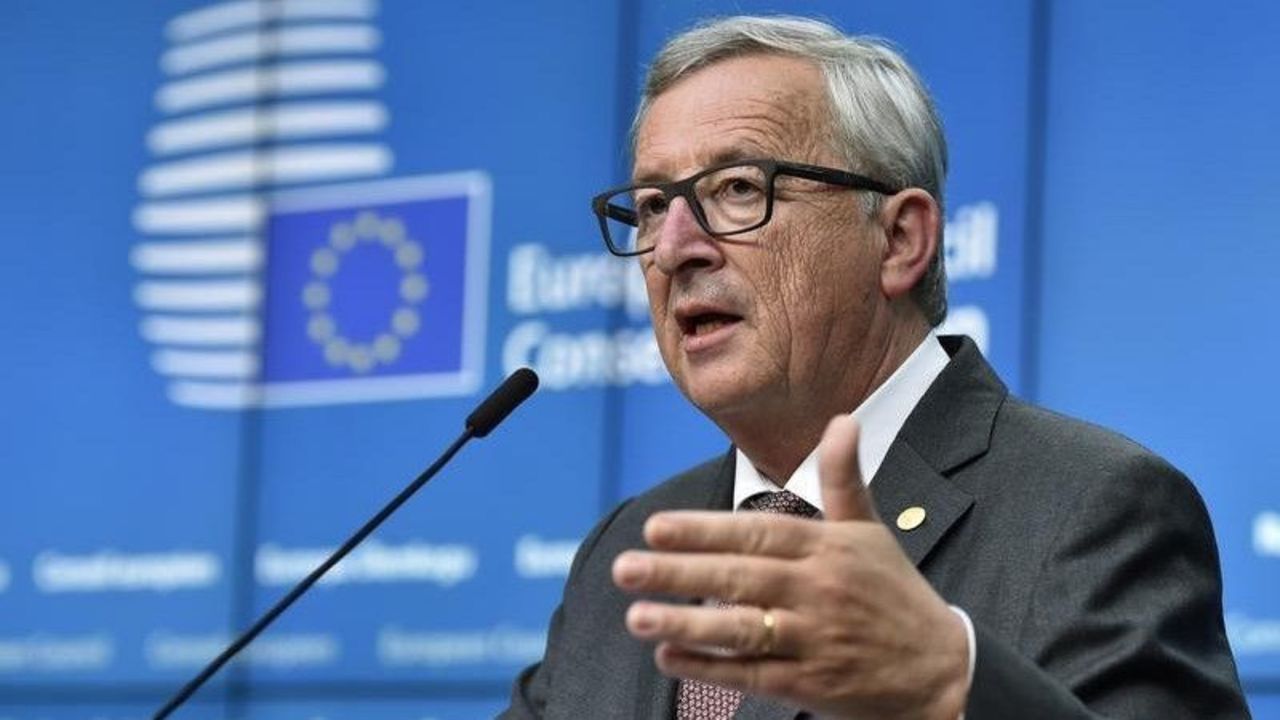
WASHINGTON, DC – The United Kingdom’s Brexit vote is arguably the greatest disaster ever to hit the European Union. Now, the EU must act fast – not least by ending the post-referendum market turmoil – if it is to survive.
British Prime Minister David Cameron, having lost the referendum, did the obvious thing by resigning. But the other loser is the European Commission, whose president, Jean-Claude Juncker, did little to change the outcome of the Brexit vote. Not since Jacques Delors was President of the Commission, from 1985 to 1995, has that position been filled by a leader with any vision or political clout. Juncker, like Cameron, should accept responsibility and resign. The EU needs a strong leader again. There are many worthy candidates, but I recommend former Swedish Prime Minister Carl Bildt.
The need of ultimatum
Before the post-referendum dust settles, the EU should set an ultimatum with clear and onerous principles for the UK’s exit – clarity to minimize the cost, and severity to deter populists in other member states from calling for exit referenda, too. Sensibly, European Commission leaders have already moved in this direction by voiding concessions made by the EU to the UK back in February and declaring that there “will be no renegotiation.”
The European Council, for its part, has already called for an immediate summit. Having failed for six years to resolve the Greek financial crisis, the EU finally appears to understand that its very survival depends on swift and decisive action.
But the EU must go further than just Brexit damage control. For the last four decades, Europe’s fundamental problem has been complacency in the face of low economic growth caused by excessive taxation and regulation. Europe can no longer afford this standstill. It must now begin to carry out fundamental reforms: cut unjustified social benefits; liberalize services, labor markets, and digital markets; reduce labor taxes; deregulate industry; improve education; and promote research and development.
Current EU rules are clear on the responsibilities of EU institutions and national governments, respectively. The problem is that most European governments (especially British Tory governments) tend to scapegoat the EU to mask their own political myopia. Little wonder that the EU has grown so unpopular. Given that it already receives the blame, the European Commission should now be granted the power to act politically. The EU has a strong case to make for itself, but it needs good-faith leaders to deliver its message to the people.
European populists point to the mishandling of migration issues to justify their cause. So, for starters, the EU should establish an orderly migration policy with quotas and criteria, as Australia and Canada have successfully done, and impose proper control over its external borders. The EU border control agency, Frontex, needs a stronger mandate and more resources to fulfill this crucial role.
Going further, the EU should institute a joint foreign and defense policy to address the underlying causes of the migration crisis – namely, the conflicts in Libya and Syria. For a quarter-century, Europe has benefited from the post-Cold War peace dividend and irresponsibly allowed member states’ average defense expenditure to slip to a paltry 1.4% of GDP. This should be increased to at least the 2% of GDP each NATO member has promised. Today, only five EU countries have defense expenditures at that level.
With good reason, U.S. President Barack Obama has called Europeans “free riders.” Republican presidential candidate Donald Trump, going much further, openly questions both NATO and U.S. military expenditures abroad. In the near future, Europe may no longer be able to rely on the U.S. to defend it and should prepare for a scenario in which it is forced to fend for itself.
Demagogic, not truly democratic
The principle of representative democracy is at the heart of European identity; ironically, only EU non-member Switzerland has a strong tradition of referenda. One of the positive consequences of the squalid Brexit campaign is that it demonstrated that referenda and plebiscites are demagogic, not truly democratic.
EU members should recognize the risks of so-called direct democracy and tighten the criteria for the passage of referenda. At a minimum, referenda should be required to achieve a supermajority with a high percentage of voter turnout.
The best one can say about Brexit is that it finally may have put an end to European complacency. We will know for sure only if, and when, Europe chooses to save itself.
(C) Project Syndicate

